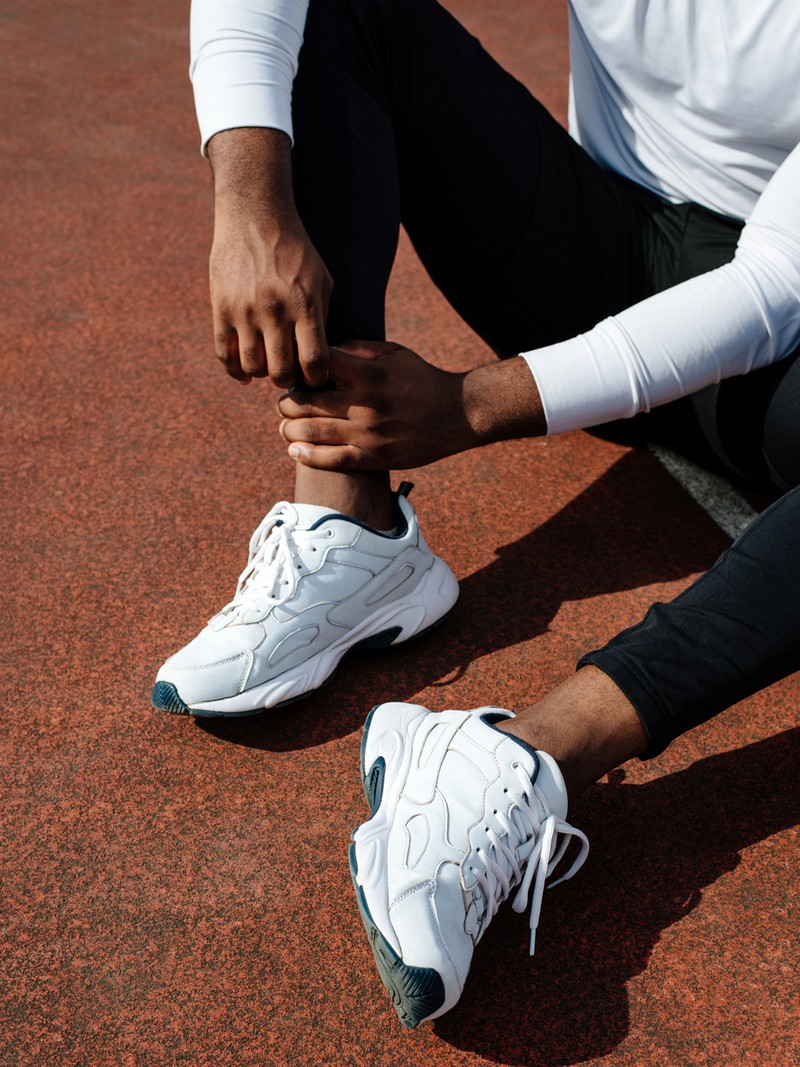Pro Tips For Running A Marathon
LAST-MINUTE TRAINING
Taper Off
“First-time marathon runners tend to do too much training in the last three weeks before race day. In these final few weeks, think about scaling things back – we call this tapering. Tapering begins immediately after your longest training run, which is no later than three weeks before race day. Cut down your mileage by 20-30% each week: for example, if your longest week mileage was 40 miles, drop this by 8-12 miles the following week. Also ensure you aren’t doing any lower body weight training or cross-training activities such as spinning which can tire the legs.” – Steve Paterson, product trainer at Runners Need
Stick With Your Trainers
“A classic beginner’s mistake is to buy new trainers for race day. While a pair of trainers will see you through 500-600 miles, it takes running 50 miles in a new pair to wear them in, so factor this into your training. Never change the model and make of your trainers when building up to an event. Wearing the same make and model of socks can help too. If you are wearing new socks on race day, make sure you wash them at least once beforehand.” – Victoria Herman, PT & coach
Give Your Kit A Test Run
“Test your kit as far in advance as possible – have all the mistakes in training so that race day goes as smoothly as possible. Have a couple of options, as the weather may not be on your side. Layers are a good idea, but beware of wearing charity T-shirts, which tend to be poor quality and don’t fit well, meaning they can chafe. If you must wear your charity top, wash it a couple of times before race day and wear a good base layer underneath to reduce the rub.” – Anthony Fletcher, founder of OneTrack
RECOVERY
Take A Rest Day
“On rest days, you should be aiming to refuel well with good nutrition and hydration. Make sure you are getting sufficient sleep (at least seven to eight hours) and try to keep stress levels low.” – Omar Mansour, PT & running coach
Look After Your Body
“Ensuring you stay injury-free is key to an enjoyable and pain-free marathon experience. At best, a training injury is going to play havoc with your schedule and impact your finishing time. At worst, it could be the end of your marathon. Don’t focus on what to do if you get injured, but on how to prevent it. Physio and massage are vital throughout your journey. Massages should be booked regularly to reset the posture and rebalance muscles – particularly important for anyone combining morning or evening training with a day spent sat at a desk. A massage will aid recovery, allowing you to train more effectively and more often, and will help address niggles before they turn into something bigger.” – Adam Hewitt, master trainer at Ten Health & Fitness
Try New Methods
“Cold-water immersion effectively reduces muscle soreness and inflammation. However, it's essential to use it strategically, preferably on rest days, to avoid blunting the adaptations created from your exercise. This approach can help alleviate lingering muscle soreness, oedema and inflammation, ensuring you're ready to tackle your next training session. Traditional and infrared saunas offer numerous benefits for recovery. Studies have shown that post-training sauna sessions can increase cardiovascular and muscular adaptations, particularly hypertrophy. Incorporating sauna sessions into your post-workout routine can aid muscle recovery and enhance overall performance.” – James Collins, master trainer at BXR London
NUTRITION
Always Eat Carbs Prior To A Run
“Eat a good source of carbs with a smaller amount of protein and healthy fat two to four hours before a run. This combination of macronutrients will provide sustained energy to help you through a longer run. For long runs, avoid too much fibre within 30 minutes of exercise, especially if you are prone to tummy issues. The carbs in your pre-run meal will help maintain blood sugar levels during your run and prevent fatigue, while a small amount of protein and unsaturated fat will slow the digestion of carbs, resulting in a more sustained rise in blood sugar – exactly what you need when running. Good pre-run meals include a jacket potato with beans, cheese or tuna; rice with beans; chicken stew with couscous; or pasta with tomato sauce.” – Anita Bean, nutritionist for the London Marathon & author of The Vegan Athlete’s Cookbook
Think About The Night Before
“Many runners prefer doing their long runs early in the morning, especially on the weekend. If this is the case, prioritise carbs in your meals the day before to ensure you have plenty of glycogen in your muscles. Then have a small pre-run snack 30-60 minutes before you set off – good options include a banana, a handful of dried fruit, or a couple of Medjool dates.” – Anita
Refuel As You Run
“For any run longer than 60-90 minutes, it’s worth thinking about taking extra carbs on board while you run. This will help maintain blood glucose levels and supply a quick source of energy to your muscles, which means you’ll be able to keep up your pace for longer. Start fuelling 30-45 minutes into your run and don’t wait until you’re depleted. Aim for 15-30g of carbs every 30 minutes depending on your pace; the key is little and often. Good options that serve up 30g of carbs include one large banana, one 50g energy gel, a 500ml isotonic sports drink, or two Medjool dates.” – Anita
Don’t Forget About Protein
“There are three main goals of nutrition recovery: rehydrate, refuel and repair. Your post-run meal needs to supply carbs but also protein to repair muscle. Aim for around 20-25g of protein post-run. Milk and soy milk are near-perfect recovery drinks as they not only aid rehydration but also contain carbs and good-quality proteins to promote rapid post-run recovery. Great recovery meal options include a berry, yoghurt and almond smoothie; falafel and hummus wrap; chicken and prawn paella; bean and sweet potato curry; or a lentil, chickpea and cauliflower dahl.” – Anita
ON RACE DAY
Stick To What You Know
“Chances are you’ve heard this before, but you should be doing nothing new on race day. So many first timers make the mistake of eating a huge breakfast they wouldn’t normally eat on the morning of their marathon. If you always eat toast and peanut butter before your long runs, eat toast and peanut butter on race day. Stick to what you know – your stomach will thank you for it.” – Anthony
Get In The Right Headspace
“No matter how hard you train, if you're not mentally prepared to push yourself come race day, things will not go to plan. Marathons are tough, no matter your ability, and understanding that you will suffer is key to overcoming the challenge ahead. Once you have accepted that this will be tough, you can prepare yourself for the difficult moments. Having a race-day mantra for when it gets tough has got me through many marathons and ultra-marathons: I say, ‘Just one stop at a time’ and ‘I didn’t come this far to come this far’. It’s something you can say to yourself over and over to help keep you focused on the job at hand. It’s important for runners to remind themselves that this will end. Pain in life, as in marathons, is a temporary state and just moving forward no matter how discomforting will lead to relief.” – Jonny Davies, ultrarunner
Do Your Own Warm-Up
“Events will usually enlist a public figure to lead a mass participation warm-up in the holding pens. However, don’t feel self-conscious about doing your own thing and going through a warm-up you know works for your body – it could be activation, dynamic mobility or breathing drills, or a combination of all of these.” – Luke Worthington, PT
Start Out Slow
“Aim to race the second half of the marathon slightly faster than the first – this is what we call negative splits. Keep it steady, even if you feel great in the first few miles and get the urge to go faster. Keep in mind that everyone running a marathon has at least one rough spot, often more, so be prepared, have your coping techniques ready that you used in training, and remember you will come through it and feel good again. Take fuel and liquids on board little and often, and don’t be afraid to walk through refreshment stations to give yourself a chance to refuel.” – Paula Radcliffe, three-time winner of the London Marathon
Stay Calm
“The race begins at mile 20. With this in mind, don’t stress if you’re a little off target the first half of the race. Try to get through the first half as comfortably as you can. Your pace should be consistent and not too erratic – you will have practised this in training. In the few weeks before race day, try to fit in as many runs as you can at your chosen pace to get the body used to it.” – Omar
Plan Your Meals
“Don’t leave anything to chance before the big day. Make sure you have thought about and booked where you will stay before the marathon and also planned your food. It can get very busy around larger marathons so it’s a good idea to book a restaurant to ensure you get what you want, as well as having a pre-prepared race-day breakfast you have tried in training. It’s also a good idea to find out what drinks and gels will be handed out in the race, so you can practise with these in training.” – Paula
Pack Something Warm
“There can be lots of hanging around on the morning of a race, and chances are the temperature will be cooler at this point. I always take something old – like a fleece or sweatshirt – that I don’t mind throwing away once the race starts. My other top tip is to ensure your name is on the top you’ll be running in – the encouragement you’ll get from supporters along the route will be invaluable.” – Paula
Make A Plan
“Plan with family and friends where you will meet them after the race. The finish line can be chaotic with lots of people trying to call each other, so prepare in advance where you will meet in case you can’t connect.” – Paula
Know How To Work Through A Stitch
“When you’re running for hours, a stitch may well happen. Stitches aren’t a sign of being unfit – they’re an involuntary contraction or spasm in your respiratory muscles which usually occur from poor alignment. While core work prior to the big day will help keep a stitch at bay, if one does occur, focus on exhaling fully for around twice as many steps as you inhale. Maintaining a good arm swing can also help.” – Luke
Plan Your Hydration
“You should follow some specific hydration strategies. Pre-race, make sure you are getting enough electrolytes into the system. Then, during the race, try alternating between water and energy drinks at each drink station. Energy gels are also key. I usually take Maurten gels, one every 5km and alternate between caffeine and non-caffeine ones to keep energy levels high and to avoid cramping.” - Eliot Clements-Hill, ultrarunner & fitness influencer
Paula Radcliffe was speaking as part of Flora's Get Towns Active campaign. For more information on how to join the Get Towns Active movement, visit Flora.com.
SHOP THE EDIT

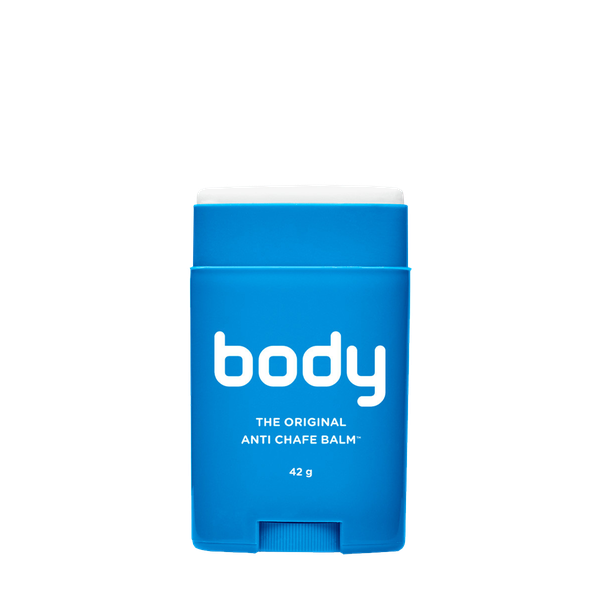


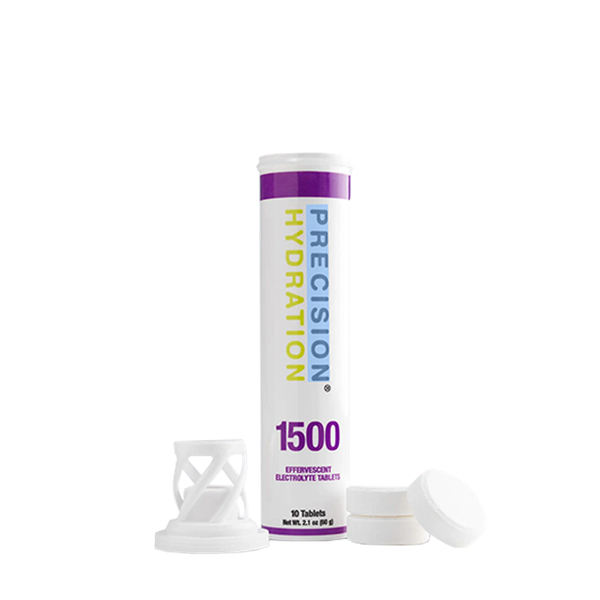


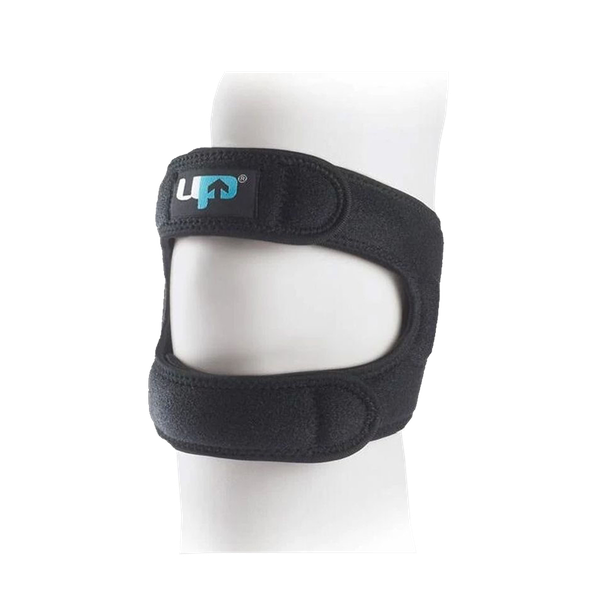

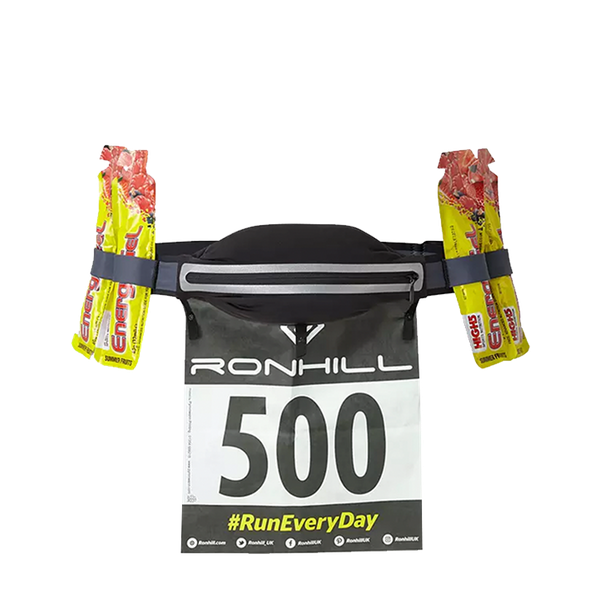


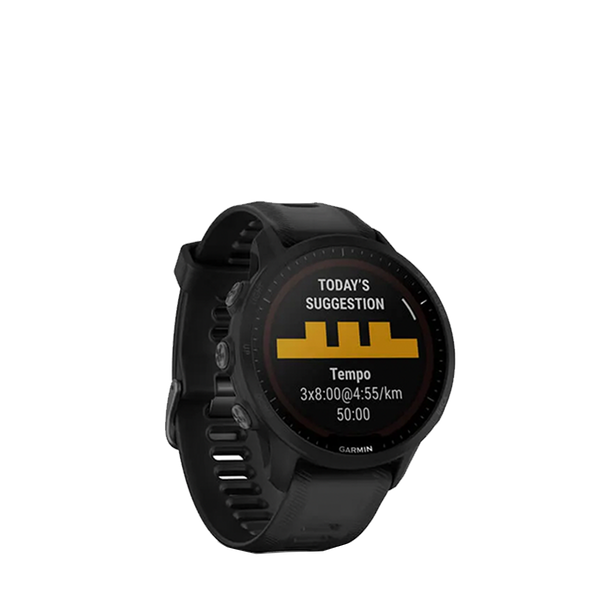
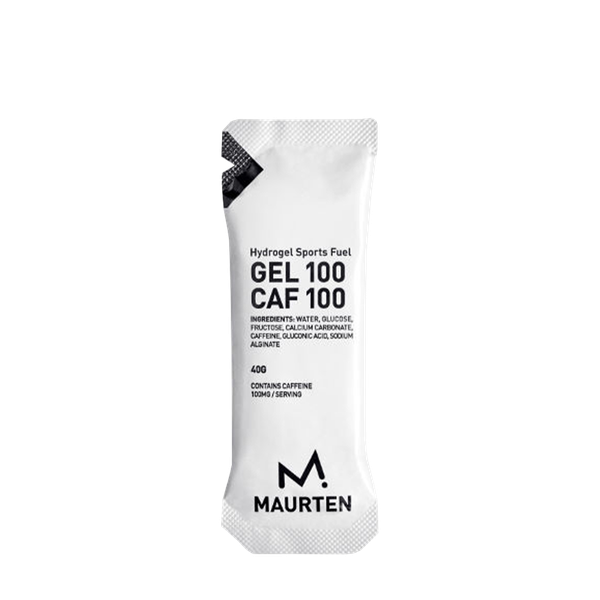
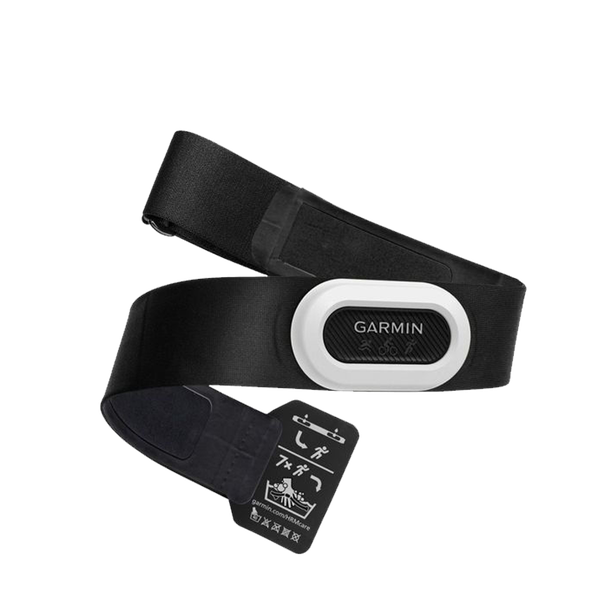
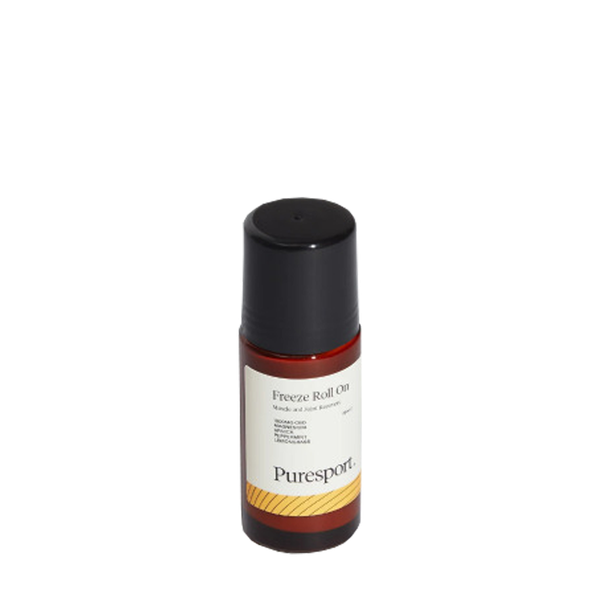
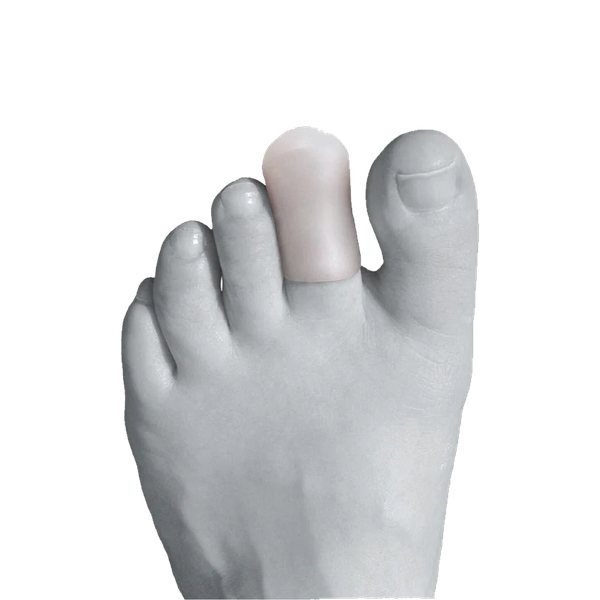
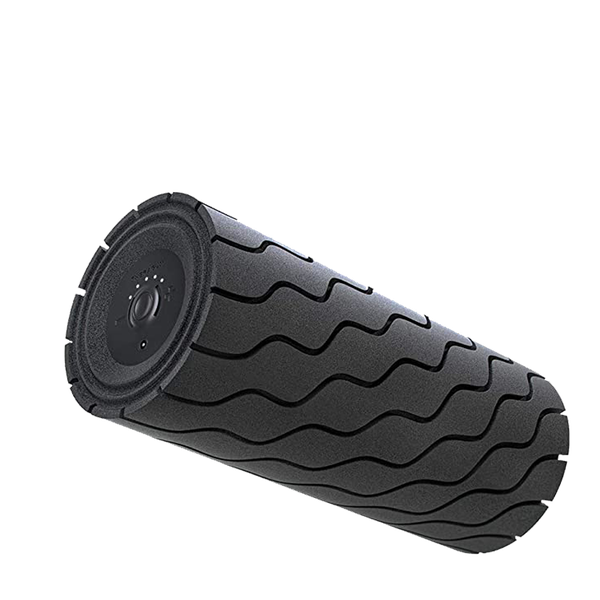
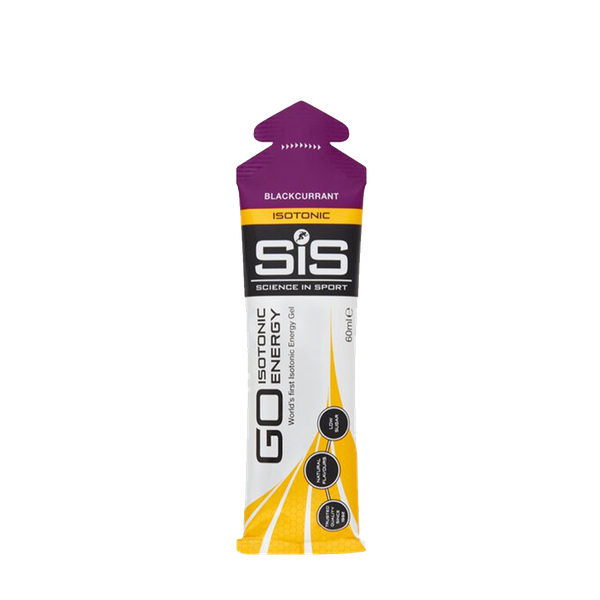
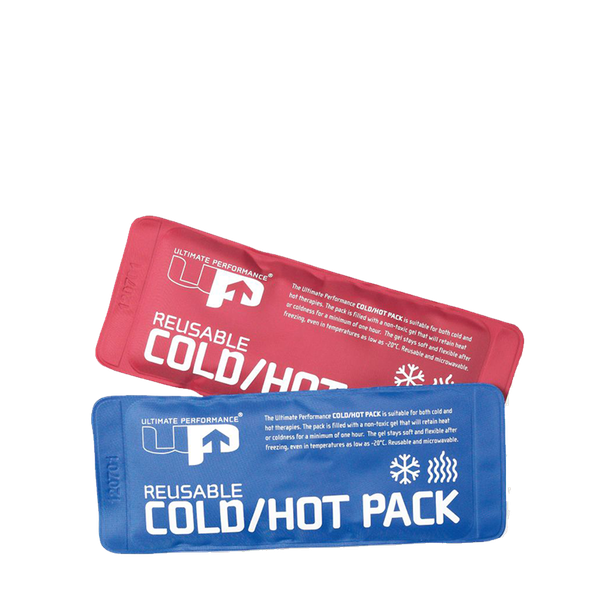
All products on this page have been selected by our editorial team, however we may make commission on some products.
DISCLAIMER: We endeavour to always credit the correct original source of every image we use. If you think a credit may be incorrect, please contact us at [email protected].
